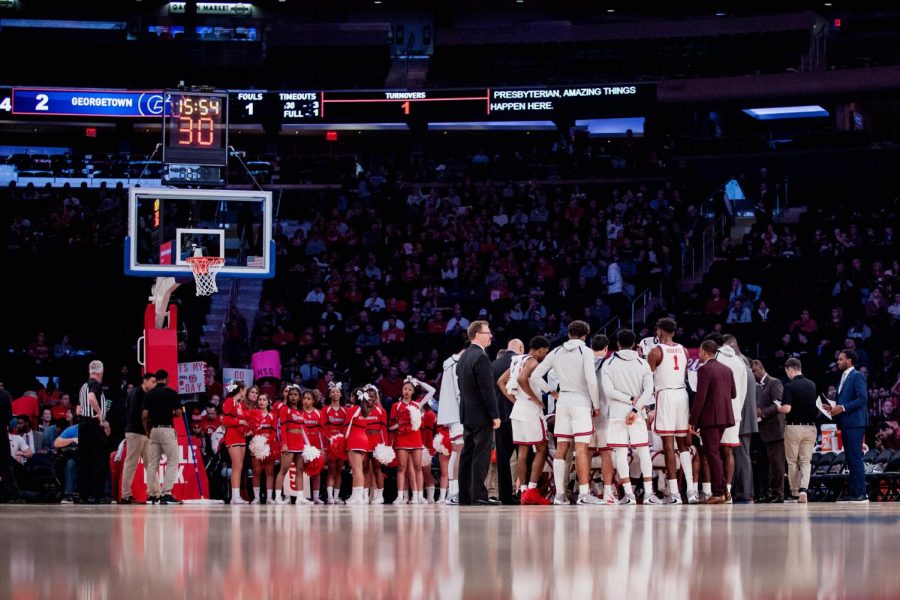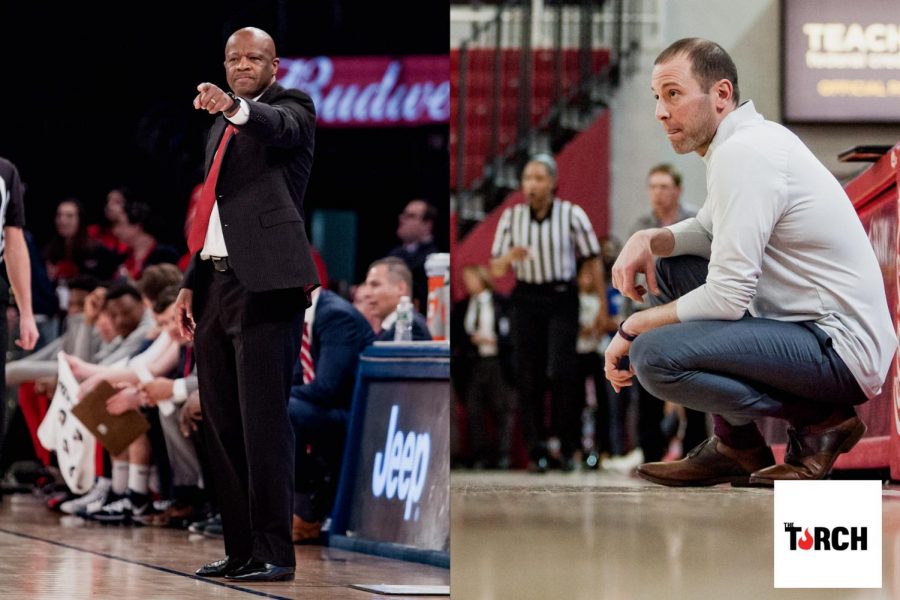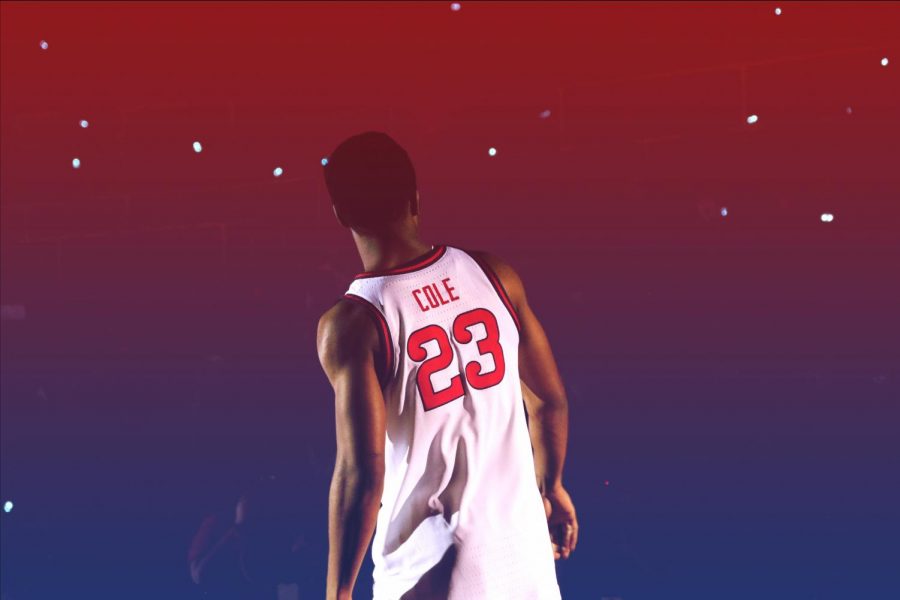Following St. John’s exhausting their own means in an attempt to get Orlando Sanchez eligible, the University hired Robert Orr to defend the player.
The issue of his eligibility revolves around the 3 minutes 38 seconds that Sanchez played for the Dominican National Team in July of 2010, according to Orr. That fall, the then 22-year-old enrolled at Monroe College. The NCAA ruled that Sanchez was ineligible because of these two instances taking place after he had turned 21. Part of the argument against that, in Orr’s view, is that the time spent on the two teams both occurred during the same calendar year.
The lawyer spoke to media members Saturday morning following a New York Times report detailing Sanchez’s issues that was published Friday evening.
“He’s done nothing wrong,” Orr told the Torch. “In fact, he’s done everything you want young people to do. You go back to school to get the education, then when an opportunity presents itself to go to college he does that. Essentially he’s being penalized because of the circumstances that he and his family found himself in in the Dominican.”
Adding to Sanchez’s stuggles, Orr says, is the hardships he endured that prevented him from progressing both in school and basketball as a normal young person would. He lived in the Dominican Republic with his grandmother, moved to Spain to be with his father, then left his father to work as a carpenter.
“He has to work as a carpenter, started developing that trade, he sends money back to try and help his grandmother,” Orr said. “Finally four years later he saved enough money to come back to the Dominican. We think all of the circumstances during that period support the waiver.”
In chronological order, Sanchez played eight games for the San Lazaro Club in the Dominican Basketball Federation in 2009 taking up one year of eligibility. Then he played the aforementioned 3 minutes 38 seconds for the Dominican National Team. Then he spent two seasons playing for Monroe. In the NCAA’s eyes, those four instances represent separate years of play and as a result, the player’s entire possible college career.
Orr, who is a former associate justice of the North Carolina Supreme Court, was hired by the University within the last month. The NCAA rules state that he is allowed to represent the player while being paid for by the University for eligibility purposes.
Orr expects a decision to be reached some time in March. If it isn’t in the player’s favor, it’s possible that the case will end up in court. That is a situation that Orr would like to avoid, saying that it wouldn’t be in the best interest of either Sanchez or the NCAA.
“Orlando is a thoughtful, humble and focused young man who has worked diligently toward his goals,” said head coach Steve Lavin in a statement. “Our University continues to work in concert with the NCAA as we have throughout the waiver and appeals process.”



















